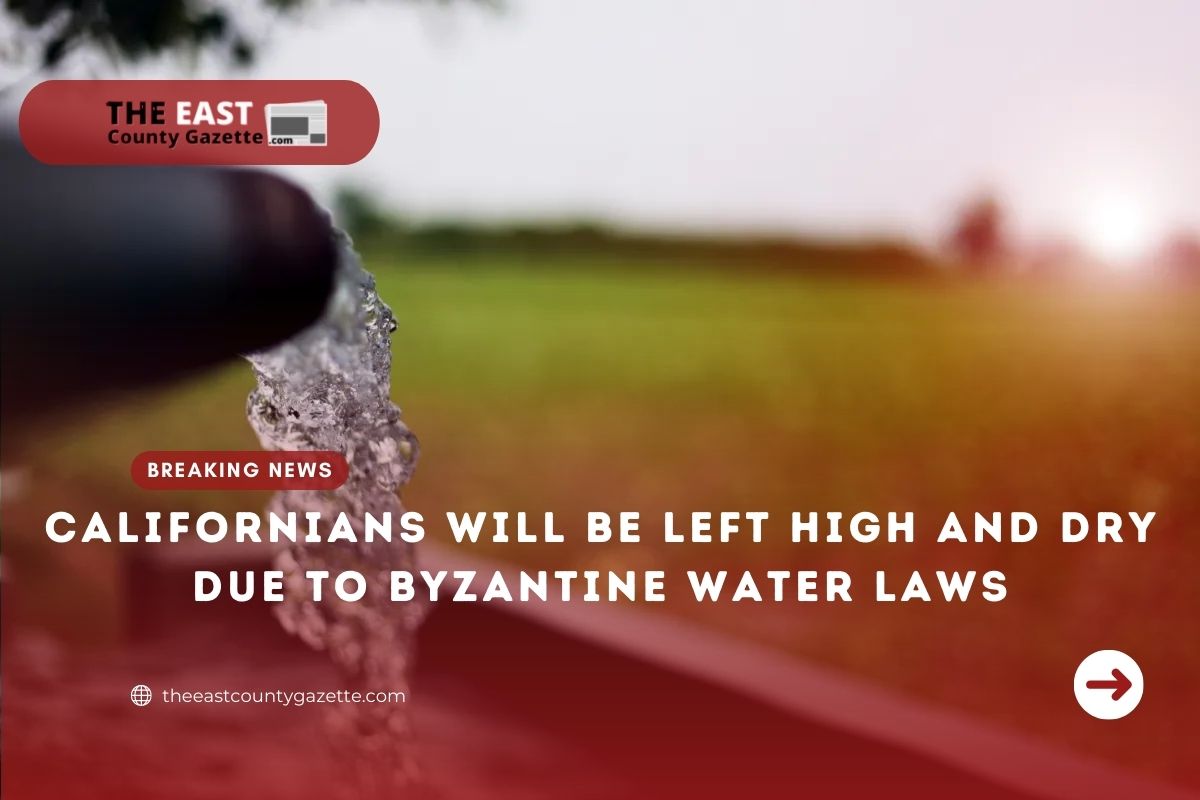There have been reports that California is facing a 21st-century water crisis equipped with 19th-century laws and 20th-century infrastructure. During the latter half of the 1800s, California’s water rights system was created. The system has remained virtually unchanged since the laws enactment, Calmatters reported.
California’s population will continue to grow, decreasing the amount of water available for urban, agricultural, and environmental uses. This is a foreseeable situation. Crisis after crisis. This isn’t the way things must be. It is possible to reform critically important water laws. Earlier this month, the California Legislature received the recommendations from the Planning and Conservation League Foundation. We identified a few that can protect California from future unforeseen risks.
Taking steps to protect drinking water wells. During California’s droughts, farmers typically pump more groundwater than they do surface water to compensate for surface water shortages. Due to this increased pumping, 2,000 household wells were dried in the drought of 2012-16. It would be beneficial to require groundwater pumpers to protect or replace wells, and to cover costs of increased energy where deeper wells are required.
The verification of private water rights. In California, surface water rights are awarded according to a “first-in-time, first-in-right” policy, which gives priority to “senior” users who obtained their rights earlier. There is a problem, however, that this priority is largely based on self-reporting and honor. Several water claims date back nearly 100 years, so the State Water Resources Control Board needs the authority, funding, and staff it needs to verify their accuracy.
Read More: Your Electricity Bill Will Reduce Right Away If You Unplug These Appliances!
Giving the water board the authority to respond in a timely manner. Due to obsolete and undue procedural requirements, the State Water Board cannot take timely action to protect the environment and senior water users under current law. It is recommended that the water board be given explicit authority to act swiftly upon violators or circumvention of state water laws.
A requirement for real-time water reporting. According to current law, water users must report their diverted water annually. As many states already do, California should rely on computer and satellite technology to track diversions. State water regulators could then make timely decisions regarding the allocation of water.
The Delta needs to be protected. Sacramento-San Joaquin Delta, the largest estuary on the West Coast and the main water delivery system for the state, is crashing. The 25-year-old plan must be updated and implemented to ensure that freshwater flows through the Delta to sustain fish, wildlife, and communities.
Planning water resources based on climate change. California needs to explicitly consider climate change’s effects on its water system when making decisions on new water projects and water allocations, using the best available scientific knowledge.

